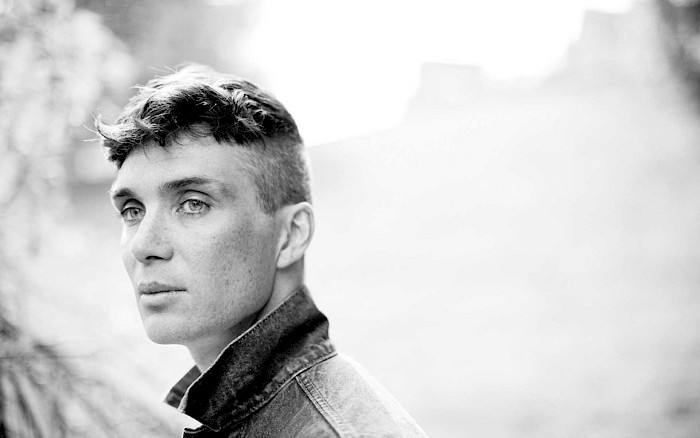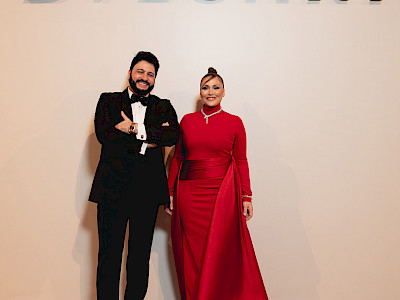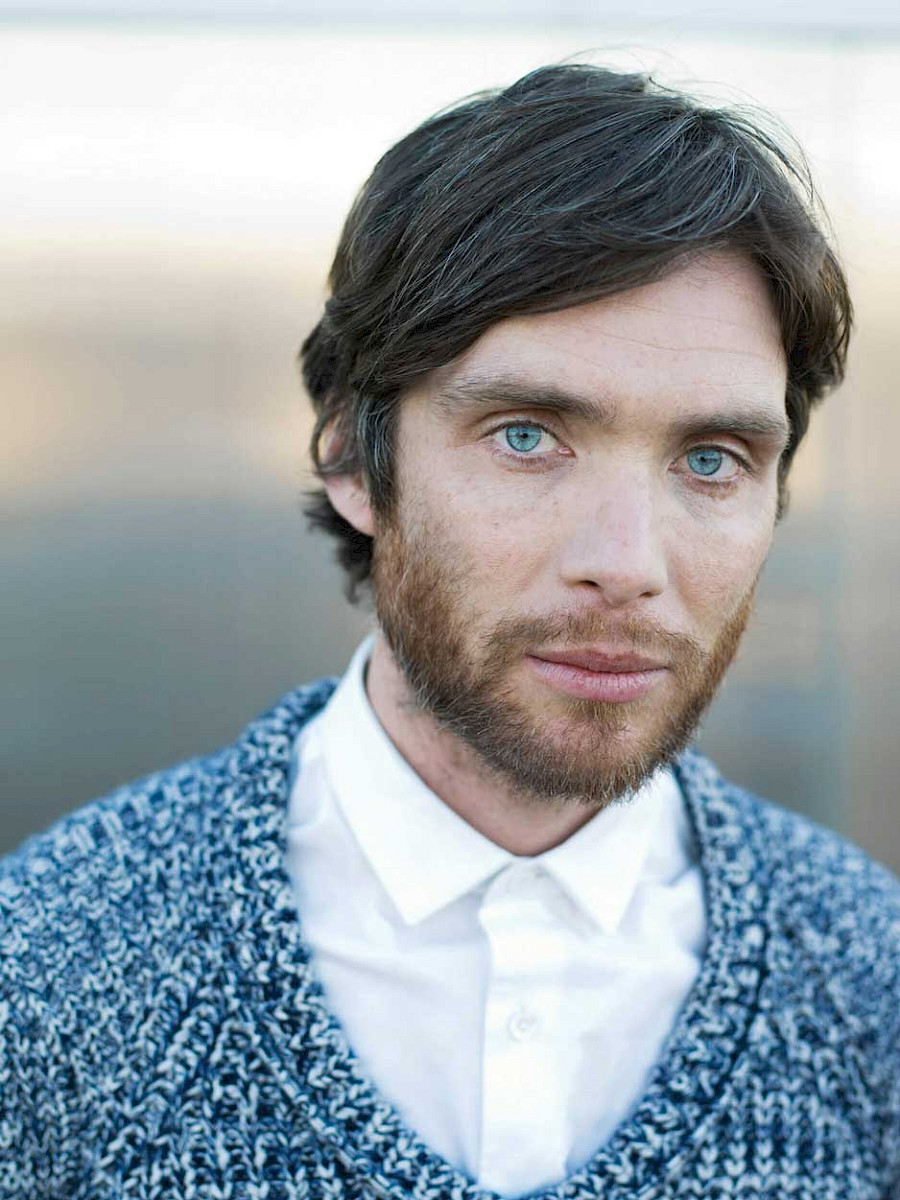
CHRISTOPHER NOLAN'S DRAMA “OPPENHEIMER” EARNED $912 MILLION AT THE GLOBAL BOX OFFICE. THIS AMOUNT WAS ENOUGH TO BECOME THE HIGHEST-GROSSING BIOPIC IN CINEMA HISTORY. CILLIAN MURPHY AND THE BIG ATOMIC BOMB FILM HAVE TAKEN OVER MUCH OF THE INTERNET'S CONSCIOUSNESS. WHETHER HE’S PLAYING A HERO, A VILLAIN, OR SOMETHING IN BETWEEN, MURPHY’S PERFORMANCES ARE ALWAYS COMPELLING AND UNFORGETTABLE. WITH HIS STRIKING BLUE EYES, CHISELLED FEATURES, AND INTENSE ON-SCREEN PRESENCE, CILLIAN MURPHY HAS CAPTIVATED AUDIENCES WITH HIS VERSATILITY AND ABILITY TO PORTRAY A WIDE RANGE OF CHARACTERS TO LIFE.
“However, that is what you have to do when you portray real-life people – you have to pick up and immerse yourself in these character traits.”
You’ve played a variety of complex and intense characters throughout your career. How do you navigate portraying characters with darker or more troubled personalities?
If you are talking about real-life characters – then I will always do as much research as possible on them and their lives. However, when it’s a character created for TV or Film, I take time to delve into the possibilities of the character. I always try to take time between characters as well. If I am moving from a character who is a protagonist to a character who is an antagonist – the shift is so significant that I like to take time to just be myself again.
How would you describe your experience working on the hit TV show “Peaky Blinders” and how it has impacted your career?
It has been a show that represented over a decade of my life. It was the first time I had the experience of growing older with a character. In a film, you have maybe two hours to tell your story – but with Peaky, I had nearly ten years of my life and hours and hours of television. Having that many filming hours over such a long period of time really allowed me to explore and grow older with Tommy.
How do you approach preparing for a role, and what techniques do you use to get into character?
It was never easy getting into character with Tommy, even after all these years – if somebody asked me to do it right now, I am not sure I could. The accent was a difficult one – but I was very conscious of getting it right. It isn't one of those accents you can just switch on and off – so every year before we started filming, I would dedicate time to refreshing my accent and getting it up to scratch. There was a lot of conditioning work to get back into shape.
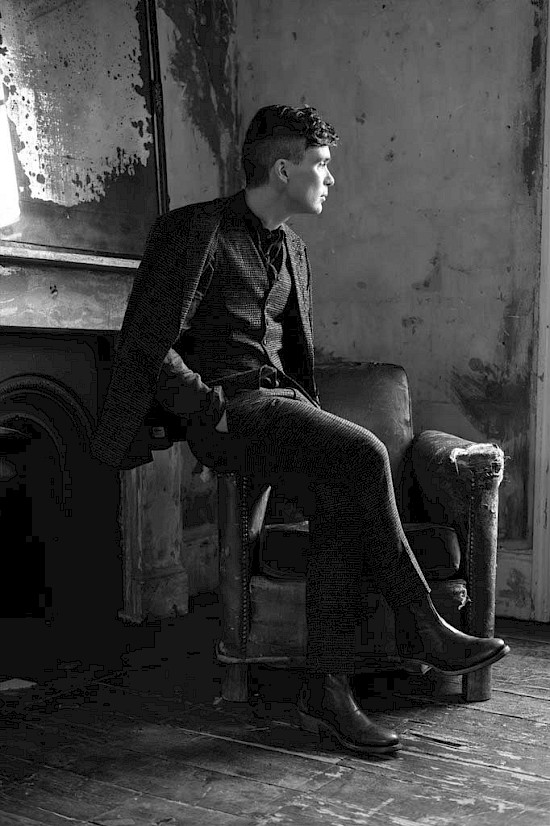
“When producing, you have a seat at the table and a chance to implement creative aspects and ideas you don't always get to as an actor”
You’ve also had success on stage in productions such as “Misterman” and “Grief is the Thing with Feathers.” How does your approach to acting differ between stage and screen?
Theatre has always been my thing – that is where I started out back in Ireland. What I love about theatre is that it's very in the moment. Unlike TV and film, which can be preserved and rewatched, theatre is about here and now – and because you know it is in front of an audience, you are aware there are no retakes.
Your performance in “The Wind that Shakes the Barley” earned you critical acclaim and a Best Actor award at the Irish Film and Television Awards. Can you talk about your experience working on that film and the challenges you faced in portraying a character during a time of political upheaval?
It was obviously a period of history I knew quite a bit about, and with the research I did for the film, I learned even more about it. I felt a real responsibility with that film - and the fact it was filmed in and around Cork, where I am from, made it that bit more special.
You’ve been praised for your ability to convey emotion through subtle facial expressions and body language. How do you work on developing those nuances in your performances?
For me, there is a real physicality to acting – not just facial expressions but how your character moves and speaks. I love body acting, as it gets me into character. If you take Oppenheimer – he walked on the balls of his feet, he had a vocal tic, and as an actor, that is all the stuff I want to get right. When you are taking on a fictional character, you get the chance to be creative and add these little traits yourself.
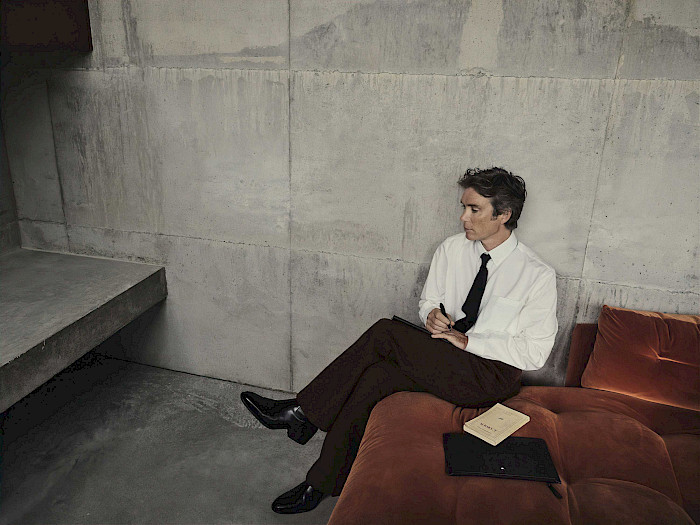
You’ve also been involved in producing and directing projects. Can you talk about what inspired you to pursue those roles and how it has impacted your approach to acting?
When you are an actor, you do your work and then hand it over to the producer and director. When producing, you have a seat at the table and a chance to implement creative aspects and ideas you don't always get to as an actor.
What advice would you give to aspiring actors who are just starting out in the industry?
A director once told me it takes 30 years of working to become an actor. I think his point was to learn your craft, and that is something I have always strived to do. I am probably a little old-fashioned – but I don't want to launch a fashion line or make music, I just want challenging roles. So, that is my advice: take roles that challenge you and just concentrate on your craft.
What do you hope audiences take away from your performances and the stories you help bring to life on screen and stage?
When you tell stories, you want people to think – “What was that about? What was the director trying to say?” You don't just want people to leave the cinema and never talk about the film again. You want people to talk about the themes, the issues, the meaning. That, for me, is what I always hope audiences take away from anything I am a part of.
What is being a parent like for you?
We're raising boys in this world – that weighs on me a lot. My boys are teenagers now, which is unusual. It's scary, but it's so rewarding and brilliant and wonderful, and a lot of it is out of your control. I guess my job is just to guide them as best I can on the right path.
Can you tell us about your experience working on the film “Oppenheimer”? How did you prepare for the role, and what research did you do to accurately portray his character?
War, genocide, and the nuclear holocaust are not easy subjects to look back on – let alone to think about your every waking moment – it must have been absolutely brutal for him. These are dark subject matters – but I had to dive into it and do all the research I could to fully justify the role. He had a much skinnier frame than me, so I skipped meals to prepare, which wasn't easy. He was a really heavy smoker, so I smoked so many fake cigarettes I actually began to worry it would affect my health. However, that is what you have to do when you portray real-life people – you have to pick up and immerse yourself in these character traits.
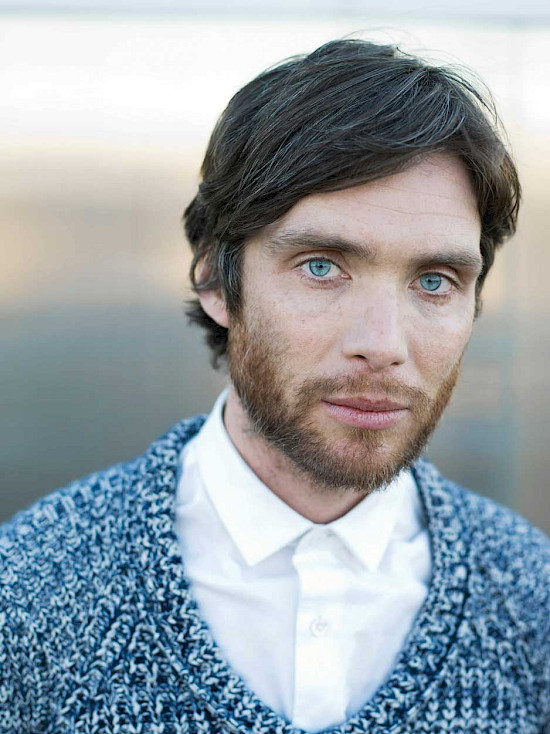
The film is directed by Christopher Nolan, with whom you’ve worked on several projects in the past. Can you talk about your working relationship with Nolan and how it has evolved over the years?
This word, I think, can be thrown around too easily – but in Christopher's case the word genius is totally justified. We have known each other for about 20 years and have worked on 6 films together. Quite simply, he has changed my life both professionally and creatively. He truly is a once-in-a-generation filmmaker – he is just incredible at what he does. He doesn't just tell stories – he tells challenging and complex stories that the audience needs to think about, and quite obviously, they engage with his work. What has always impacted me is that he provokes audiences with his cinema – and that is never an easy thing to do.
Oppenheimer’s involvement in the development of the atomic bomb had far-reaching consequences. In your opinion, what is the message or takeaway that audiences can expect from the film?
That we can't be naïve when creating weapons of such destruction. I genuinely believe that he (Oppenheimer) thought it would be the weapon to end all wars. He thought it would encourage the establishment of some form of nuclear world governance among countries.
Do you think the “Cillian” meme has impacted your career in any way, either positively or negatively?
Honestly, before somebody in an interview told me what a meme was, I had no idea about them, and certainly had no idea I was part of one. I am not on any social media, I don't use emojis, and I don't have any idea about this sort of stuff!
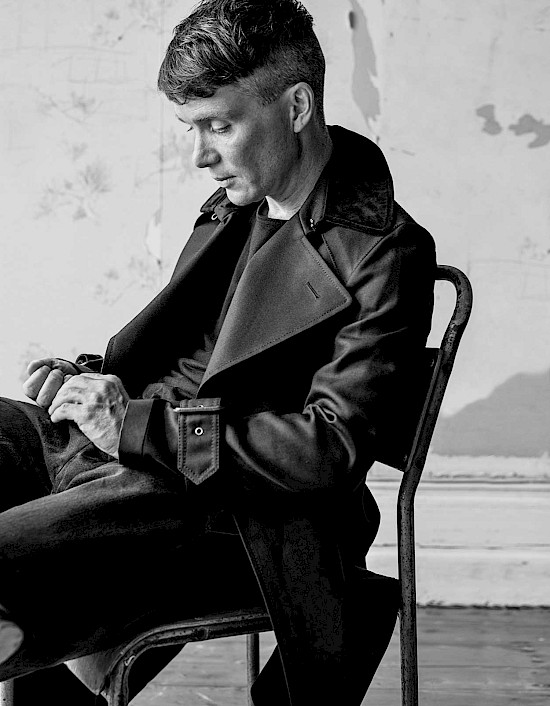
Can you discuss any upcoming projects you have in the works and what drew you to those particular roles?
I am truly honoured to be a part of “Small Things Like These.” The novel by Claire Keegan is utterly sensational, and it is great to be a part of the adaptation and to be able to bring it to the big screen. We have a truly phenomenal team of not just actors – but creatives and filmmakers as well that have come together for this.
Finally, do you have any message for your audience?
Throughout the duration of the show, I've always said that "Peaky" fans are the best in the world, and every award we ever won was for them. Going forward, I want to make films that will make audiences think, that will challenge them, and that will encourage discussion – that is my promise to them, and I will always try to fulfil it.
